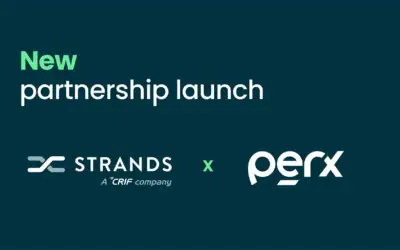Innovation in its truest sense. For a business idea to grow and come to fruition, companies both large and small need to test, re-test and test again, bringing their proposal to the client, ready to adapt it, grow it, or admit defeat and return to the drawing board.
Organized by OCBC Bank’s Open Vault and KPMG Digital Village, the Corporate Accelerator is the perfect platform for companies to condense and intensify this process, taking innovative solutions and starting projects that can go the distance.
OCBC Bank, based in Singapore in the 1930s as a result of a post-depression merger, has become one of Asia’s largest and most pioneering banks, with 50% market share and serving some 200,000 SMEs. Their OCBC Open Vault, established in Feb 2016, was brought about by “a team of hungry game changers focused on co-creating with FinTech Start-ups” and is where “fresh ideas are created, start-ups are nurtured, and the future embraced”.
After an action-packed 12 weeks taking part in this, the second accelerator event, the Strands’ team reached the final stage with 5 others, divided into 4 groups; Lifestyle Financing, Legal, Regulatory Compliance and lastly Corporate Bank, in which Strands participated.
Given that the essence of Strands’ offering is a bespoke solution, focusing on the end-user’s specific needs, tailoring our Business Finance Management (BFM) and Recommender products to fit the specifications of the client, with insights built around OCBC’s particular requirements, was nothing out of the ordinary.
Teams from our Barcelona and Kuala Lumpur offices joined forces during the final month to develop the final product, in keeping with the look and feel of OCBC Bank and creating new insights for the optimum banking experience.
The final product was presented over a period of 3 weeks in Singapore to 6 local SMEs, to ascertain how useful this segment found the solution and gain vital feedback.
Insights from this sector demonstrated that existing Strands’ BFM solutions such as Cashflow Management, Invoicing, Insights/Recommendations, forecasted expenses, and ‘top up your account’ amongst others, were the most valued by SMEs.



